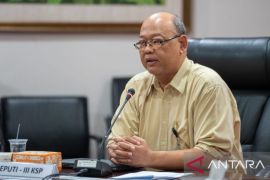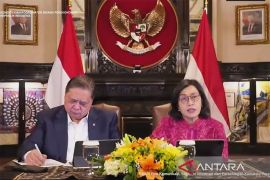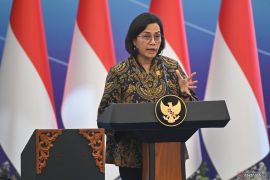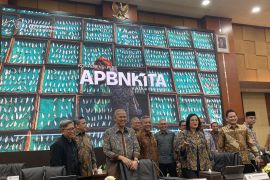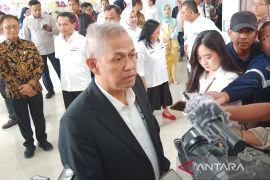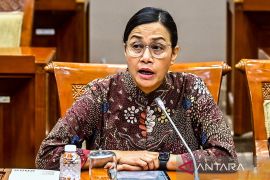Customs and Excise Communication and Publication Head Tubagus Firman stated that the step to improve the tobacco farmers' well-being is regulated in the Finance Minister's Regulation (PMK) No. 206/PMK.07/2020 on the use, monitoring, and evaluation of DBHCHT.
"Briefly, DBHCHT is used to fund five programs that are improvement in the quality of raw materials, industrial mentoring, social and environmental advising, socialization of provisions in excise, and eradication of illegal taxable goods," Firman explained here on Monday.
He remarked that the five programs aim to support the three aspects of social welfare, law enforcement, and health, with allocation in the proportion of 50:25:25.
"Observing the output of the fiscal year 2020, the DBHCHT has successfully funded those five programs optimally," he added.
Moreover, the raw material quality improvement program is aimed at helping to boost the welfare of tobacco farmers, thereby supporting the development of tobacco plantations and improving the quality of produced tobacco leaves.
According to Firman, DBHCHT's achievements in 2020 had contributed to improving the welfare of the community, especially of tobacco farmers, such as in the form of raw material assistance, comprising cutting machines, top-quality seeds, pesticides, fertilizers, capital aid, and human resource development.
Hence, he highlighted the allocations of DBHCHT for improving the quality of raw materials: some 435,470 seedlings per stems weighing 30,334,780 gm; 8,292 liters as much as 2,691 kg of pesticides; 1,271 liters of fertilizer weighing 48,777 tons; and nine cutting machines.
Meanwhile, in 2019, the realization of DBHCHT for improving the value of the program amounted to Rp275.11 billion comprising certification, training, and socialization program for 1,679 farmers and 32 farmers groups; the procurement of 26,674 units of tobacco facilities and infrastructure; and the implementation of technical innovations in the tobacco sector on an area spanning 7,185 hectares.
"This development in the agriculture sector is expected to increase productivity and the quality of agriculture, thereby (positively) impacting the tobacco farmers' welfare," Firman added.
Related news: Industry Ministry proposes WRS to spur local tobacco absorption
Related news: BSN to regulate standards for tobacco processed products
Related news: Govt allows tobacco factories to delay tax payment
Translator: Kuntum R, Kenzu T
Editor: Sri Haryati
Copyright © ANTARA 2021

